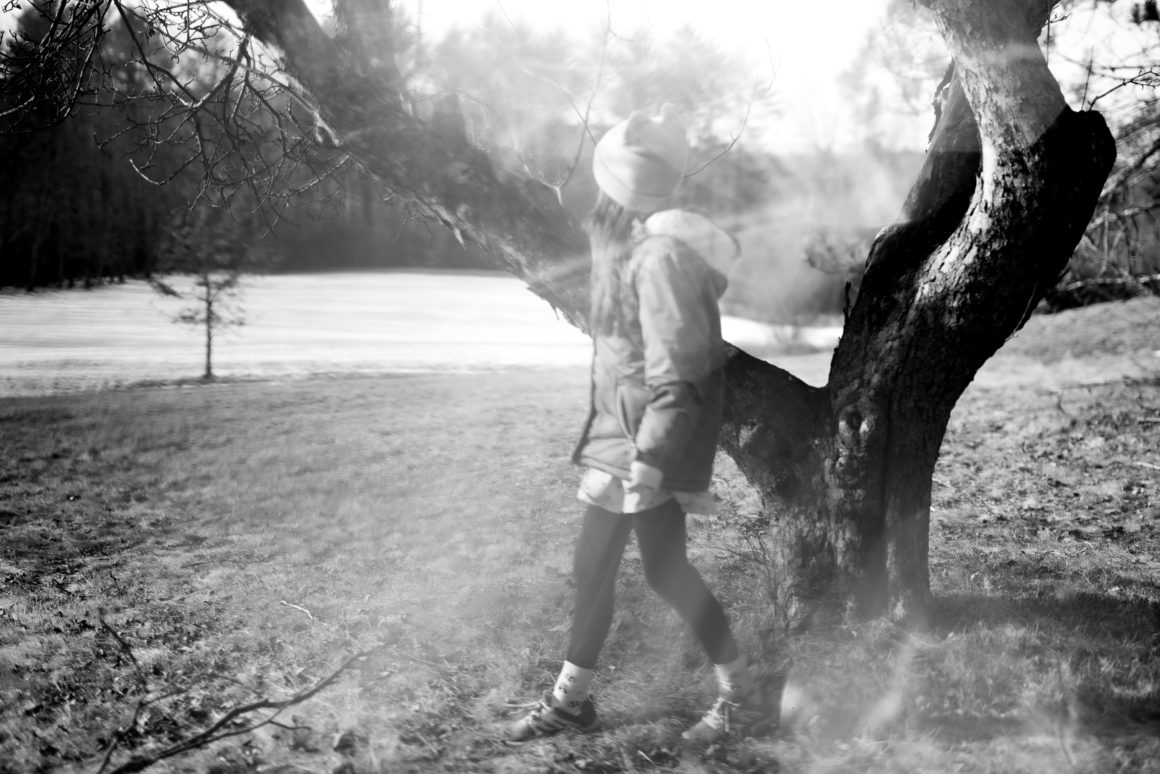
On Education and Coercion
With our freedoms rapidly being stolen, thanks to a narrative bent on inciting pandemic panic, I found this old post, written 7 July 2018, quite timely.
As I near the end of Blood and Thunder by Hampton Sides, I find myself shaking my head more and more over what I’m learning, both because the people running the show were so wrong and because I never learned any of this previously. Anyone who thinks a person is “educated” after graduating from high school and/or college is delusional. High school and college graduates have simply had a few facts, a few tools, and a whole lot of bias poured into their heads. It takes a lifetime of concentrated effort to become educated, and there will always be more to learn.
These thoughts, along with what I just read in Blood and Thunder, set me up for thinking about John Dewey and the evil he perpetrated on America when he pushed his public-school agenda on the nation. I remember a friend with a master’s degree in education writing that John Dewey is her hero. It makes me shudder. Here’s a taste of what I’m getting at, from John Taylor Gatto:
In 1896 the famous John Dewey, then at the University of Chicago, said that independent, self-reliant people were a counter-productive anachronism in the collective society of the future. In modern society, said Dewey, people would be defined by their associations–not by their own individual accomplishments.
It such a world people who read too well or too early are dangerous because they become privately empowered, they know too much, and know how to find out what they don’t know by themselves, without consulting experts. Dewey said the great mistake of traditional pedagogy was to make reading and writing constitute the bulk of early schoolwork. He advocated that the phonics method of teaching reading be abandoned and replaced by the whole word method, not because the latter was more efficient (he admitted that it was less efficient) but because independent thinkers were produced by hard books, thinkers who cannot be socialized very easily. By socialization Dewey meant a program of social objectives administered by the best social thinkers in government.
Here’s a little more from Dewey:
“The mere absorption of facts and truths is so exclusively an individual affair that it tends very naturally to pass into selfishness. There is no obvious social motive for the acquirement of mere learning, there is no clear social gain in success thereat.” (The School and Society, 1899)
The following is the passage in Blood and Thunder that made me think of Dewey. Brigadier General James Henry Carleton was the architect of the Navajo Long Walk, a plan to relocate the Navajo people 400 miles to a territory that had captivated Carleton and held him in its grasp even after a study of the area found it to be completed unsuited for settlement.
When he wrote about his plan for the Navajos, Carleton fairly effervesced. Bosque Redondo was, he said, “the best pastoral region between the two oceans.” The forced removal of twelve thousand people from their homeland might seem cruel at first, he acknowledged, but in the end “severity would be the humane course.” Once the Diné [term by which the Navajo referred to themselves] were resettled on the Pecos, good things would happen. The idea, he said, was to gather the Navajos together “away from the hills and hiding places of their country, and there to be kind to them; to teach their children how to read and write; teach them the art of peace; teach them the truths of Christianity. Soon they will acquire new habits, new ideas, new modes of life; the old Indians will die off and carry with them all the latent longings for murdering and robbing; the young ones will take their places; and thus, little by little, they will become a happy and contented people, and the Navajo Wars will be remembered only as something that belongs entirely in the Past.” Within a decade, he predicted, the Navajos would be “the most delightfully located pueblo of Indians in New Mexico, perhaps in the United States.”
It’s not hard to detect the elitist, I-know-better-than-they-do thinking in the words of both Dewey and Carleton, is it? Then there’s the coercion. When in doubt, follow the money—oh, wait, that doesn’t really apply here, but it’s still the thing to do most of the time. Looking for coercion is the other thing to do. Does this philosophy/ideology or proposed law involve coercion to bring about the desired ends? If so, back up and study it further. Chances are, it should be rejected.




